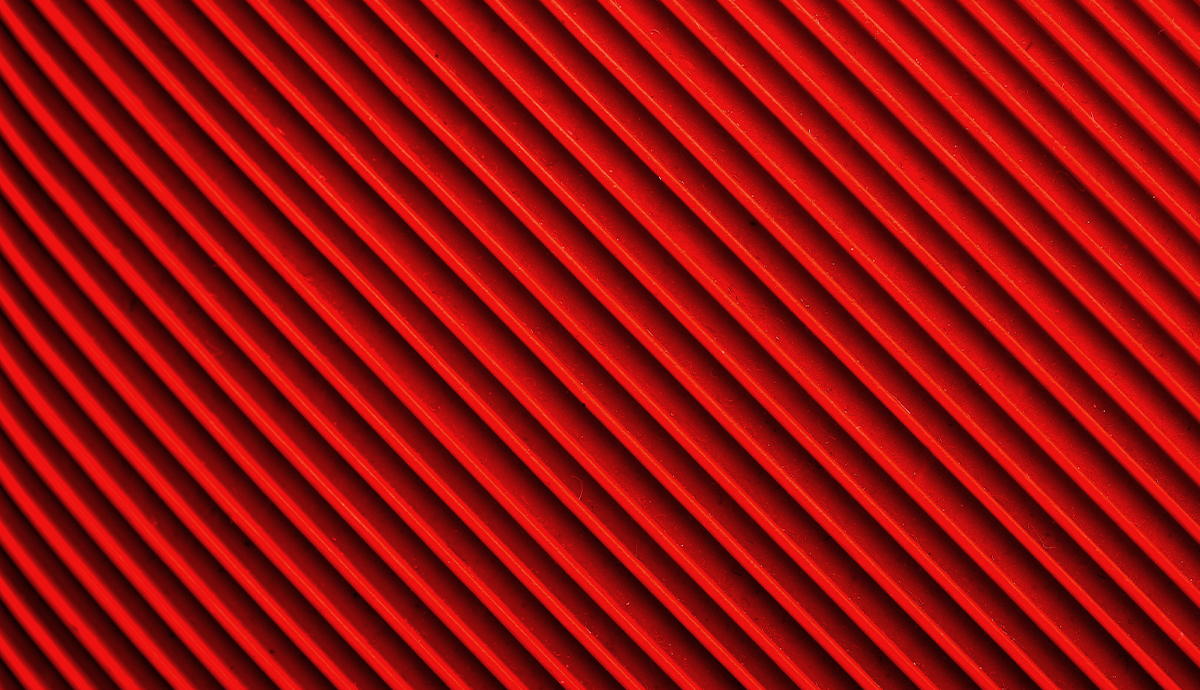Behind the Poem: "Quantum Theory" from issue 299.2
When I was a little girl, the mother’s wooden jewelry box held me in its thrall. My mother rarely wore jewelry; she wore her gold wedding ring, of course, and her engagement ring, but her jewelry box mostly contained precious items from her childhood. These items were too precious to be worn. In the top right drawer, there was the charm bracelet her mother gave her when she graduated the eighth grade; in the middle drawer, there was her college ring, and her nurse’s pin; there was a turquoise ring she bought in Mexico when she was twenty years old. In the tiny bottom drawer was a diamond which had belonged to her grandfather, with whom she spent the summers in the remote town of ___, New York.
But the item that most enchanted me was the tiny pink snippet of a ribbon, glued to a saint’s charm. My mother, who grew up in Catholic school in New Jersey, told me how she won it as a prize for reciting a prayer. The ribbon, she said, was supposed to have been touched by a saint.
My poem “Quantum Theory”, which appears in this month’s issue of North American Review, began with this memory. When I was a little girl, this ribbon seemed to me to be the most wonderful, magical thing in the world. I could not fathom the idea that someone so holy had touched something that I could touch any time I wanted. To me, religion and magic were one and the same; when you prayed, good things happened.
But time moved on. I grew up. And one day I looked back on that memory and realized that the little girl who had loved her mother’s jewelry box, and the little girl who had been given that ribbon in Catholic school, were both gone. Life had taken its toll. My mother’s father, who suffered post-traumatic stress after World War II, died when she was thirteen. My mother’s brother, one year ahead of her in school, died of cancer when I was twenty-one; he never got to meet his first granddaughter, whom my cousin named Charlie, after him. My grandmother’s house in New Jersey didn’t change, but the rest of the town did; it gentrified around this little 1950s bungalow, which eventually began falling apart. When my grandmother sunk into dementia, the house had to be sold. The new owners tore it down and built a sprawling new home on the grounds. I married a Navy fighter pilot, and he went to war and came home again. Off the coast of Virginia Beach, where we live, one pilot was killed and another was critically injured when their planes went down during training.
“Quantum Theory” is about recapturing the faith of my childhood, in a new way. What if it were true that somewhere out there, in another dimension, our younger selves are perpetually living out everything we have already lived? What if we could go back? Which moments would we choose to relive?
Victoria Kelly received her Bachelor of Arts from Harvard University and Master of Fine Arts from the Iowa Writers Workshop. Her poetry has appeared in Prairie Schooner, Southwest Review, Hopkins Review, and Best American Poetry 2013. Victoria's poem, "Quantum Theory," appears in issue 299.2 of North American Review.
Photograph by Unknown USGS Employee
Recommended
Nor’easter
Post-Op Appointment With My Father
Cedar Valley Youth Poet Laureate | Fall 2024 Workshop





